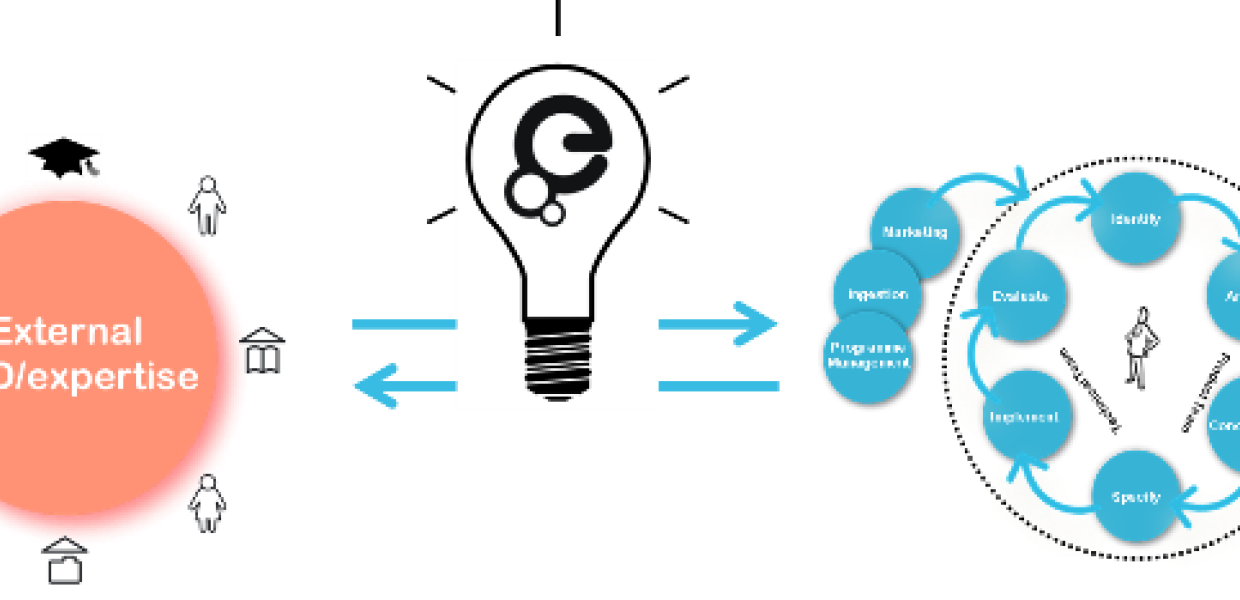Sharing Europeana R&D successes

By Valentine Charles, Europeana Interoperability Specialist.
Europeana's Research and Development (R&D) team aims to facilitate discussions around a range of activities undertaken by the Europeana Network and external projects such as the Digital Public Library of America (DPLA). We collaborate with other institutions, getting involved with small R&D projects, we play an advisory role in Task Forces, we participate at conferences, and we communicate our news through blog posts and on Twitter. Because of the nature of R&D, our activities often run for months before we have results to share. We are pleased to say that the work we've been involved with recently has now proved fruitful for the team and we would like to share some of the key results with you. .

Research and Development in the Europeana context
A key activity of the R&D team is to spread the word about the Europeana Data Model (EDM) and its extensions. For this reason, presenting our activities at internationally recognised conferences is of great importance to us. We will be presenting a range of papers at events over the course of the next few months and we're looking forward to meeting as many of you as possible there.
We have collaborated with the CARARE project on EDM mapping for archaeological and architectural monuments and sites. This effort resulted in the paper Achieving interoperability between the CARARE schema for monuments and sites and the Europeana Data Model which will be presented at the next Dublin Core conference in September 2013.
The EDM-related activities will be complemented by a tutorial on Mapping cross-domain metadata to the Europeana Data Model at the Theory and Practice of Digital Libraries (TPDL) conference in September and a tutorial on EDM and collections at the Joint Conference on Digital Libraries (JCDL) conference in July - the USA equivalent of TPDL.
The R&D team also collaborates with other institutions in small R&D projects. The collaboration with Online Computer Library Center (OCLC) is one example. For more information on this collaboration, see our recent blog entry. The results of this collaboration are summarised in the paper Hierarchical structuring of Cultural Heritage objects within large aggregations which will be presented at the next conference on Theory and Practices of Digital Libraries (TPDL) in September 2013.
Some projects, such as the GLAMwiki toolset or the implementation of the schema.org semantic mark-up, are more internal but were also promoted at the last Europeana Library Automation Group (ELAG) conference in May.
The R&D team also helps promote work done by projects on topics that are important to Europeana to a wider audience. Two additional papers related to Europeana have been accepted at the TPDL conference: the PATHS project with Exploring Large Digital Library Collections using a Map-based Visualisation and the CARARE project with A Curation-Oriented Thematic Aggregator. Our close colleague, Nuno Freire from The European Library, will also present his work on Word Occurrence Based Extraction of Work Contributors from Statements of Responsibility at the conference. Although this work focuses on the library domain, it remains of great interest for Europeana in the context of cross-domain aggregation.
These projects not only develop technologies that are relevant to Europeana, they also re-use the work done by Europeana. For instance, the paper Connecting the Smithsonian American Art Museum to the Linked Data Cloud from the Smithsonian Institute, which describes their work on mapping their museum data to EDM and publishing it as Linked Data, was presented at the European Semantic Web Conference in June. This initiative follows a similar effort by the Digital Public Library of America which has based its metadata application profile on EDM. It is great for Europeana to see that its activities are finding uses across the pond with different communities.
Finally, the paper Key choices in the design of Simple Knowledge Organization System (SKOS) was published last month, marking a milestone in the history of the SKOS standard for representing vocabularies, like thesauri, that are of key interest to Europeana. Europeana's own Antoine Isaac was heavily involved with this research.
To keep informed about tech news, please follow us on Twitter @europeanatech
